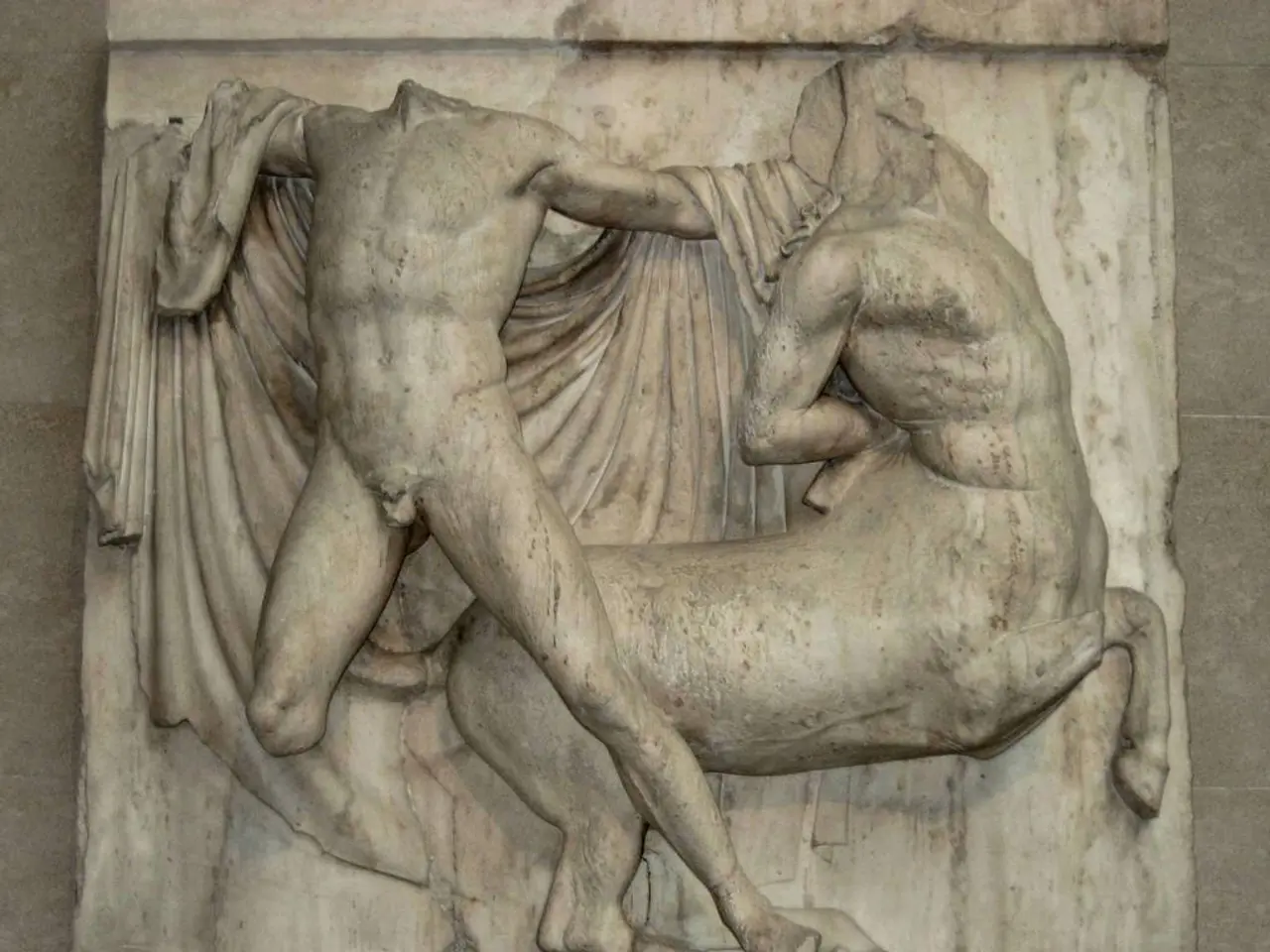France's heritage. Delicately narrated anecdotes of its historical culture.
Volker Reinhardt's analysis of France's cultural history sheds light on the emergence and persistence of a cultural continuum in France. This continuum, according to Reinhardt, is largely due to several interconnected factors.
Firstly, the historical depth and continuity of France's culture stem from its long and complex history. Customs, language, political institutions, and social structures have evolved over time, yet they have retained core elements that connect different historical periods.
Secondly, France's geographical and political centrality has played a significant role. As a major European power with relatively stable territorial boundaries, France has managed to maintain a consistent cultural framework despite external and internal challenges.
Thirdly, Reinhardt highlights the integration of diverse influences. French culture is a rich tapestry that incorporates regional traditions and external influences, creating a coherent cultural fabric.
Fourthly, centralized institutions, including the monarchy, administrative bodies, and later republican governments, have played a crucial role in cultural transmission and preservation.
Fifthly, the development and promotion of the French language functioned as a key unifying element, enabling a shared identity and continuity across generations.
Lastly, literature, art, philosophy, and education have fostered a collective memory that links contemporary culture to historical legacies.
While the specific details and emphases may primarily appear in Reinhardt's original work, these factors align with scholarly understandings of cultural persistence in long-standing nations like France. They underscore how cultural identity is shaped not just by isolated events but by ongoing processes that integrate history, politics, language, and social practices into a continuous narrative.
However, Reinhardt's work does not engage with certain aspects of French history, such as the Jacobin terror, internal French genocide, or war-mongering of the radicals of the Third Republic. Additionally, the book does not mention the Red Army Faction or their murders, nor does it question the fatal consequences of the triumph of "French Theory" or the skepticism towards the "ideas of 1789".
The book also does not address issues like corruption as a constant companion of the parliamentary system, the repugnant racism of Frantz Fanon, or the potential disappearance of France from history due to multiculturalism. Furthermore, significant figures in the development of sociology, such as Auguste Comte, Émile Durkheim, and Henri Bergson, are absent from the book.
Despite these omissions, Reinhardt's "cultural history" of France presents a mosaic of works by significant personalities, including Abbot Suger, Chrétien de Troyes, Rabelais, Montaigne, Descartes, Pascal, Sartre, Camus, Racine, Corneille, Rameau, Debussy, David, and the Impressionists. The book's organization in short chapters presents many different authors, philosophers, painters, architects, composers, writers, and scientists.
Notably, the book gives minimal coverage to Maurice Barrès and extensive coverage to Brigitte Bardot, without reference to her later fascist leanings. Sartre's sympathy for Maoism is not discussed in the book, and the "Historical Axis"—a series of buildings connecting Place de la Concorde and the "Grande Arche de la Fraternité", commissioned by François Mitterrand—is also included.
In conclusion, while Reinhardt's book offers a comprehensive overview of France's cultural history, it is important to acknowledge its omissions and limitations. A more holistic understanding of French history would require considering these overlooked aspects as well.
In the context of Volker Reinhardt's analysis, it is intriguing to explore how French lifestyle, fostered by literature, art, philosophy, and education, has aligned with the broader cultural continuum in France. Moreover, one might wonder how the integration of diverse books, beliefs, and entertainment influences have shaped French cultural identity throughout history.






